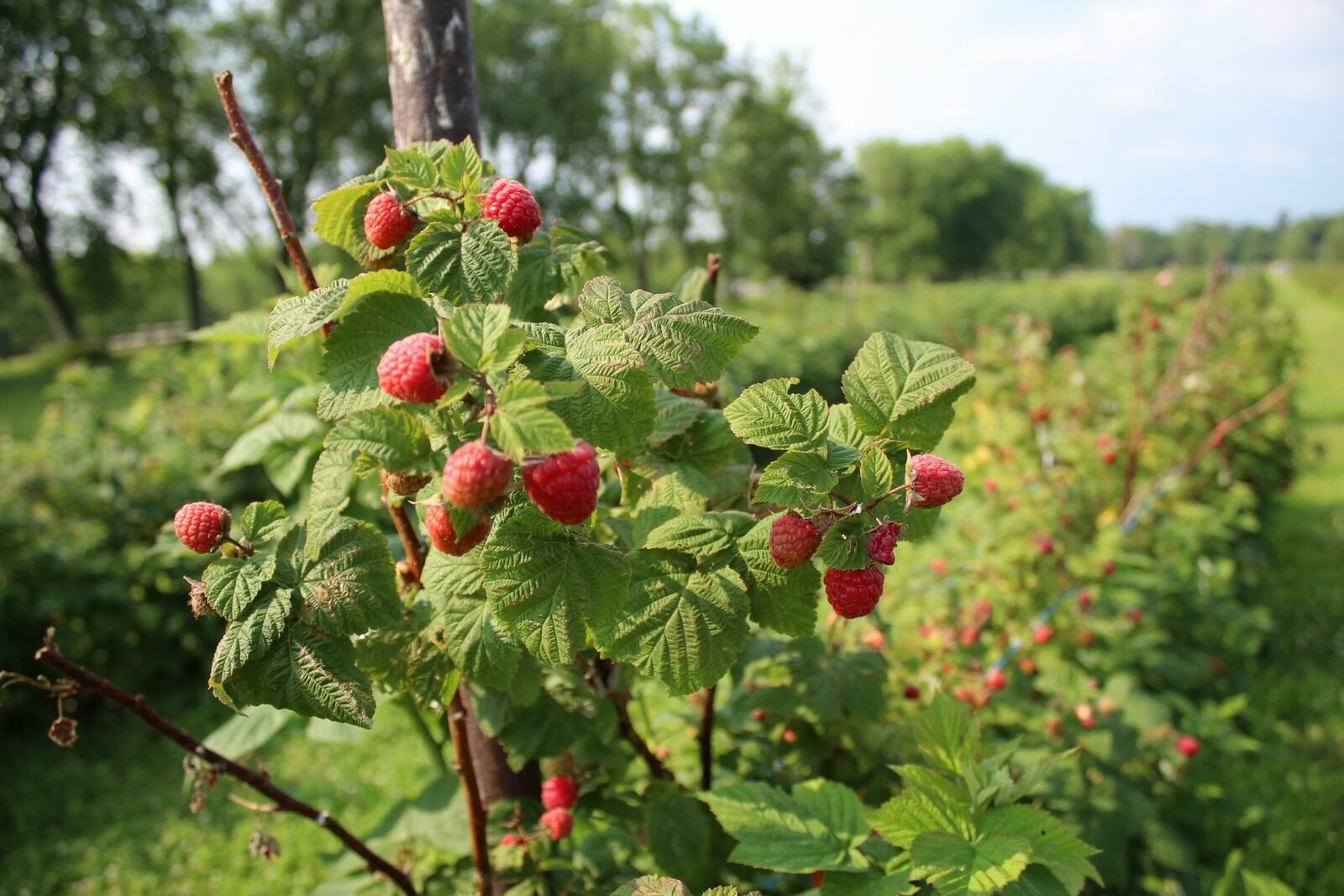Cutting raspberries: How to do it
Cutting back raspberries: The right time
To ensure that your raspberries produce a rich harvest every year, you should prune them every year. However, pruning is not only important for a good harvest, but also to prevent diseases on your raspberries. It is important to know which variety of raspberries you are dealing with to determine the right time to prune them. There are summer, fall and two-timer raspberry varieties that bear fruit at different times and on canes of different ages.
Pruning raspberries in the fall
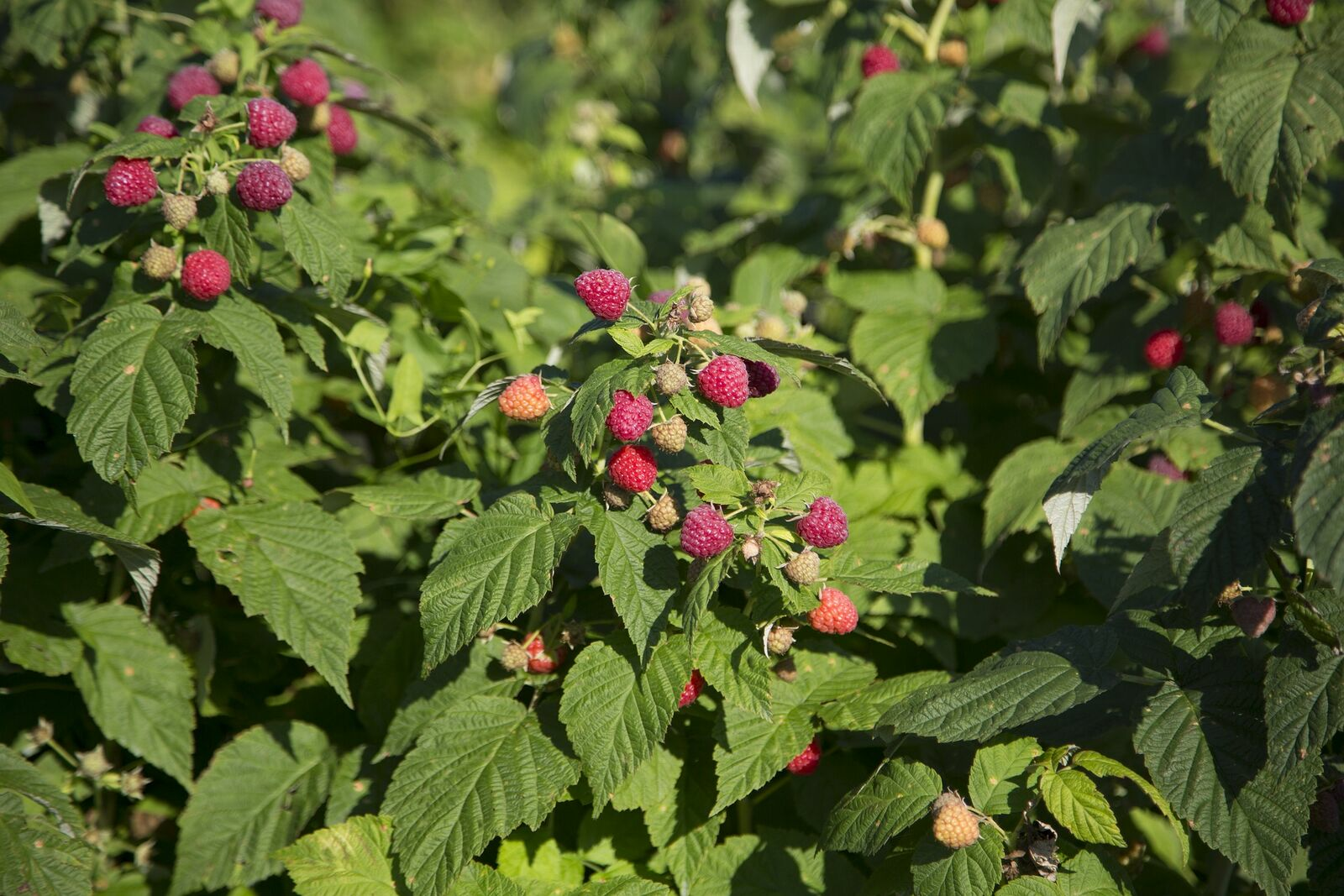
The old canes of summer raspberries that have borne fruit this year are best cut off close to the ground immediately after harvesting in August. They are worn out and should be removed, as otherwise they take away the plant's strength, which it would otherwise put into the formation of new canes and fruit. Autumn raspberries can be pruned in late autumn, but before winter, as soon as they have lost their leaves.
Pruning raspberries in spring
However, as autumn raspberries can sometimes bear fruit until the end of October, depending on the variety, it is better to prune them in February and March. Otherwise, you will deprive your raspberry plants of the strength and energy they need to survive the winter. In spring, as soon as the last frosts have passed, the young canes of the summer raspberries may be thinned out and shortened again if they are a little too long. With Two Timer raspberries, the old, worn canes are pruned in spring and any canes that are too dense are thinned out to provide more vigor and better aeration.
Prune raspberries correctly: What you should keep in mind
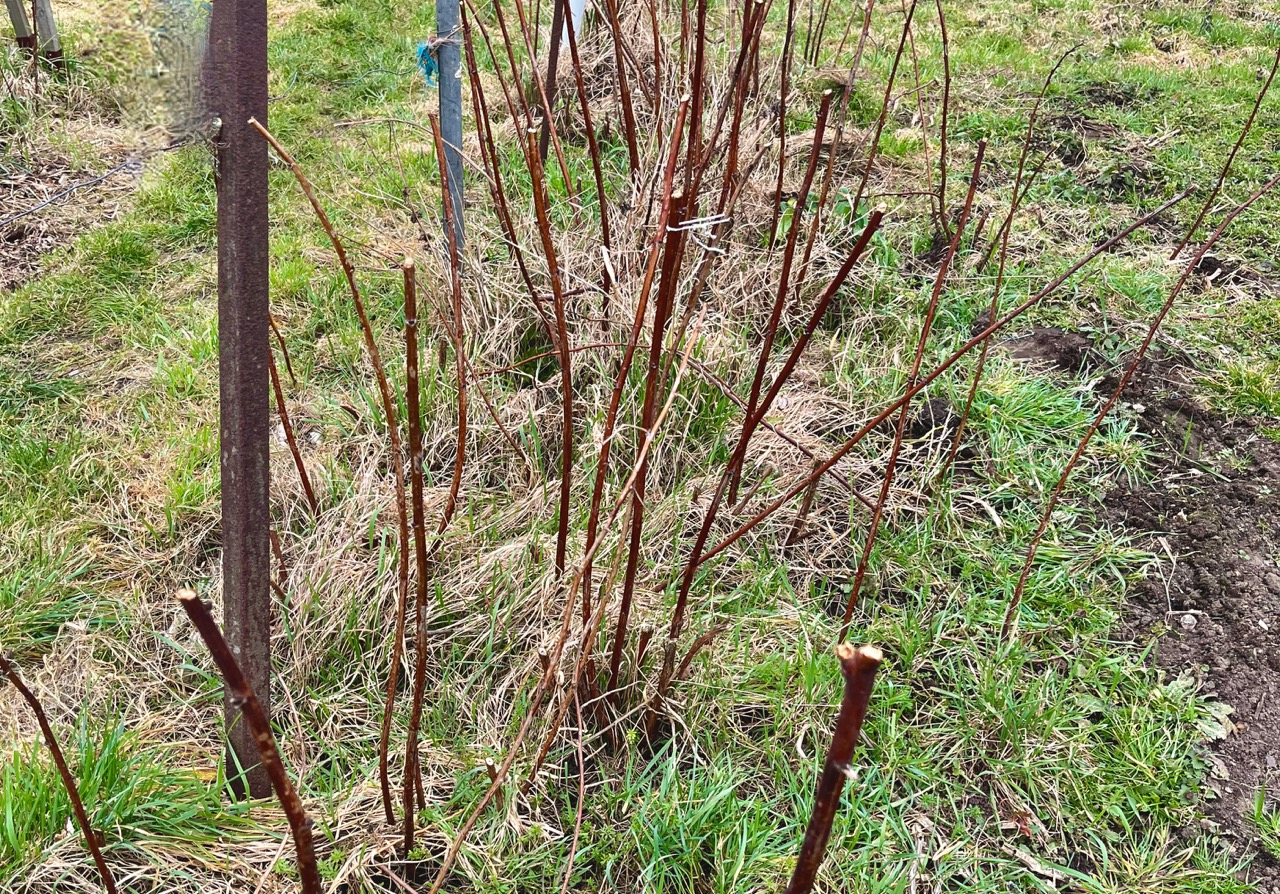
When pruning and thinning out, it is important to cut the canes close to the ground. This prevents the transmission of diseases. Weak canes should also be cut off when pruning so that only the strongest canes remain. In general, the more canes there are on your raspberry bush, the later the bush will bear fruit.
Raspberry varieties: an overview
Summer raspberries grow up to 2.5 m tall, autumn raspberries usually only 1.5 m. Summer raspberries form their fruits on the biennial canes as early as June/July, autumn raspberries bear their berries on annual canes between August and November. The young shoots of summer raspberries do not produce flowers in the first year, but the shoots of fall raspberries do. If you are not sure which type of raspberry you are dealing with, cut your raspberries as if they were summer raspberries.
Cutting summer raspberries
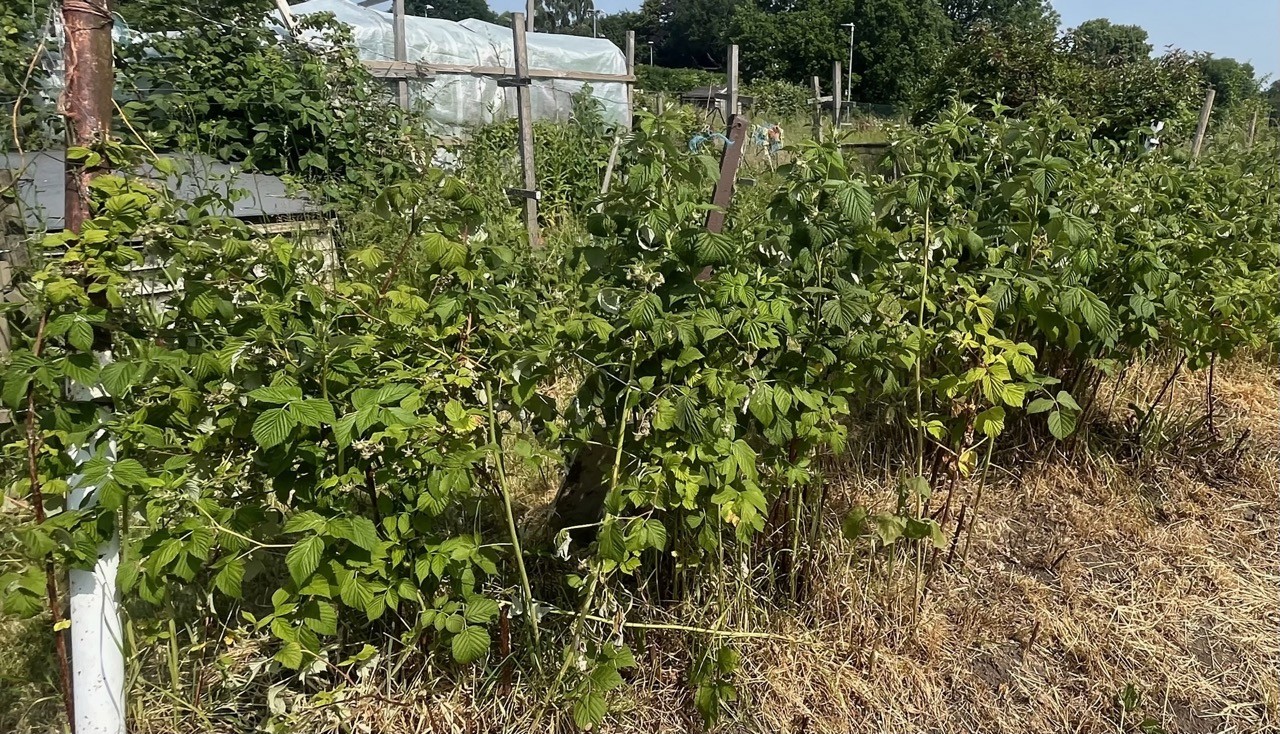
After the harvest in August, old, harvested canes are cut off close to the ground, in spring you can thin out young canes again and cut back canes that are too long. Leave 7-10 new shoots per meter.
Autumn raspberries & two timer raspberry cutting
- Autumn raspberries: All shoots are cut off close to the ground in late fall, but before the first frosts, as soon as all leaves have fallen, or in spring (February/March). Leave approx. 20 young canes per meter - Two-timer raspberries: Prune in spring; cut off approx. 1/3 of the two-year-old shoots close to the ground, only shorten the remaining shoots (the part that bore fruit the previous year), shoots that have just borne fruit can also be cut off close to the ground at the end of July/August.
Forget cutting raspberries
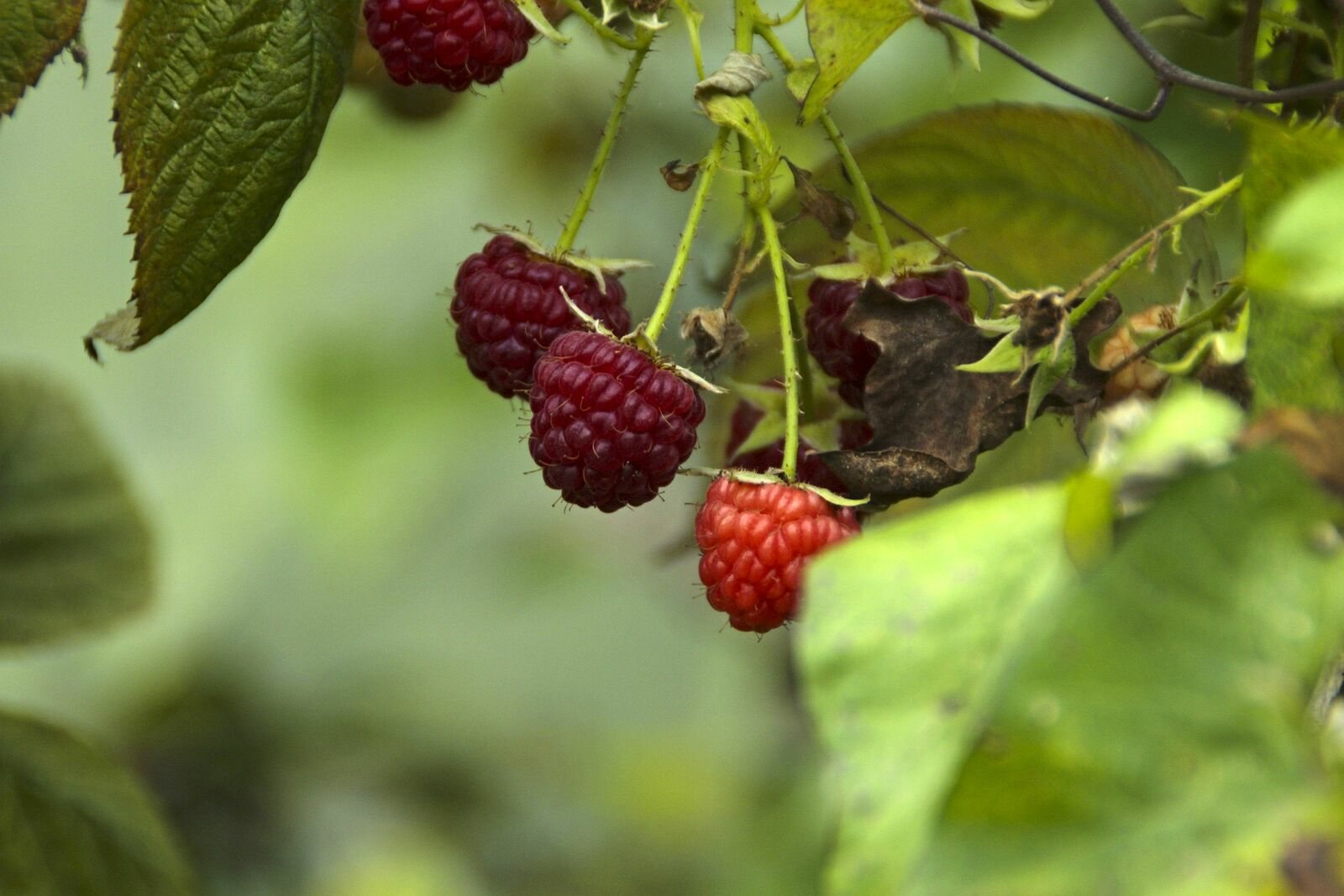
If you forgot to prune your raspberries last year or in spring this year, it's not too bad at first. However, your harvest may be smaller this year. However, your plant will recover after the next pruning, which you carry out as planned. However, if you forget to prune, you should be aware of any diseased or damaged shoots on your plant. You should then cut these off promptly so that diseases cannot spread.
Pruning raspberry bushes for healthy raspberries
Pruning raspberries is recommended for several reasons. Pruning helps against: - The spread of diseases and pests - The spreading of raspberry plants in your garden - Ensuring a good harvest - Depending on how many shoots you leave, you can influence the ripening period of your raspberries.
